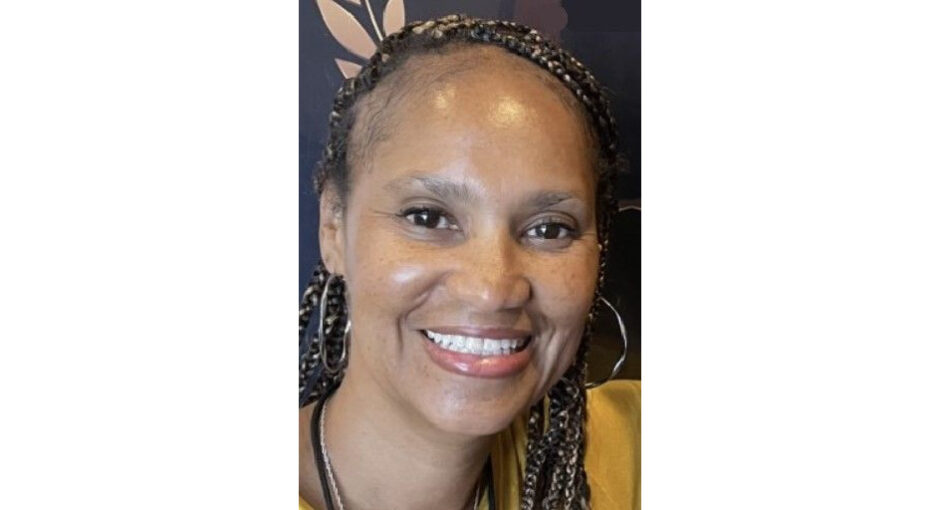SPONSORED CONTENT
Food is so essential. It has many gifts; it evokes memories and brings people together. It is also a unique and wonderful source that provides a deep acumen into our history and other cultures. Food nourishes the body, mind and the soul. And let’s face it, almost all of us have an overt or covert foodie inside of us. However, on the other side of that proverbial fence, hunger is parallel to an incarceration that seems unlikely to ever end. Did you know that one in nine people on earth don’t have enough to eat?
AHF recognizes that food is universal. That is why during the height of the COVID-19 pandemic, AHF responded by launching the Food for Health program. It is not a band-aid—AHF’s mission goes beyond the bounds of food. Food for Health is about connecting with your community from every angle, while providing other much needed services.
We chatted with Whitney Engeran, VP of the Public Health Program about the past, present and future of Food for Health.
What does food mean to you?
Health, life, medicine, freedom.
What else do you offer besides produce?
The store provides an assortment of groceries ranging from dried goods and dairy products. Our team is working on bringing additional products focused on natural, organic, and specialty foods.
Why are you proud of this program?
What we are most proud of though is the positive feedback from customers and how the Food for Health Marketplace has impacted their life. They choose our market over other retailers because of the sense of community, affordability, and belief in our mission to provide access to healthy food to everyone regardless of socioeconomic status. Customers support the market.
Where does the food come from? (Donors, stores, etc.)
Currently, the food comes from a food wholesaler, a local distributor, and a family-owned farm. We are working on adding two larger suppliers to the mix so we can obtain wholesale discounts on packaged goods items for our customers.
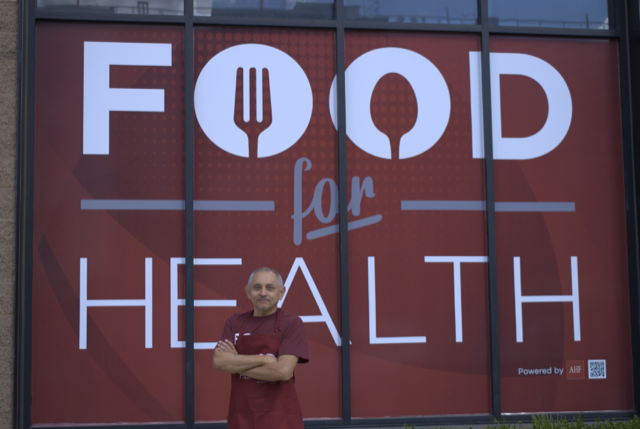
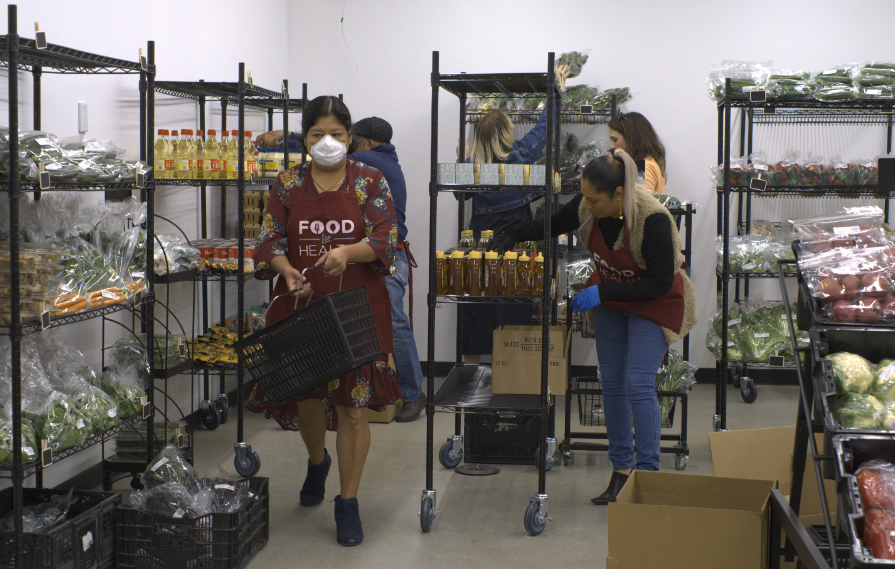
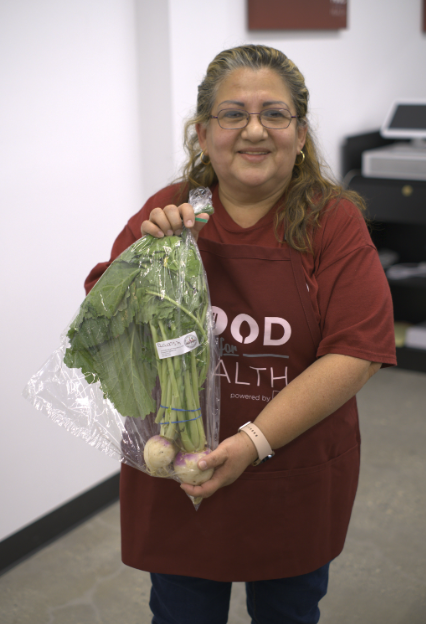
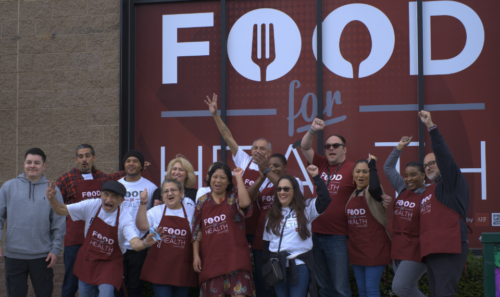
Who do you serve?
Our program is free to the public and everyone is welcome. However, we aim to reach the people living below the poverty line.
What do you think about the concept of “Imperfect Foods?”
Considering 30-40% of food is wasted in the United States annually, “Imperfect Foods” is a great way to get healthy food to people experiencing food insecurity, while also eliminating food waste. Imperfect foods are turned away from grocery stores and make up 40% of all food waste in the US. If we can utilize imperfect foods, it could be another aspect to add to our program.
Is there a limit to what a person can receive and how often?
At our FFH Marketplace, there are no requirements or limitations in how much or often a customer can purchase. We encourage customers to come as often as they need to get food to lead healthy lives at an affordable price.
FFH was created due to COVID, how is this program still serving the community?
AHF acknowledged the striking lack of access to healthy food and decided to step into the front lines and help fight food insecurity by creating spaces where people have access regardless of their economic or social status.
What lies ahead for Food For Health?
Since the programs we launched in Los Angeles are pilot programs, we will be expanding the programs nationally to help fight food insecurity in other food deserts in the United States. We recently opened a food pantry with AHF affiliate Broward House in south Florida.
Now accepting the EBT card, AHF’s Food for Health market has a delivery service and is open five days a week with new and extended hours. It continues working tirelessly to safeguard communities, lift people out of poverty and the insecurity of being hungry.
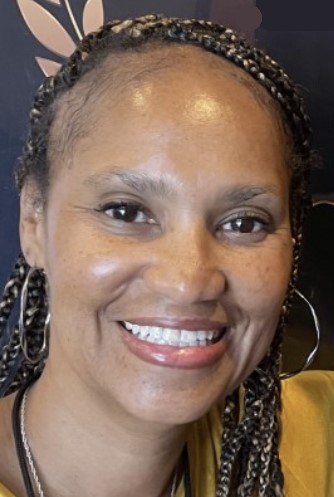
Angie Comer is Associate Director of Content Media. For questions, please email feedback@ahf.org.



